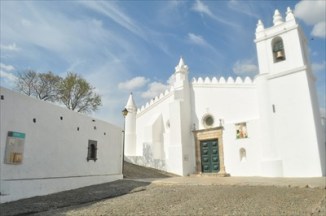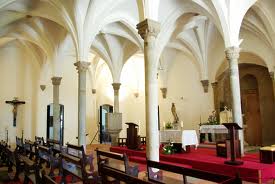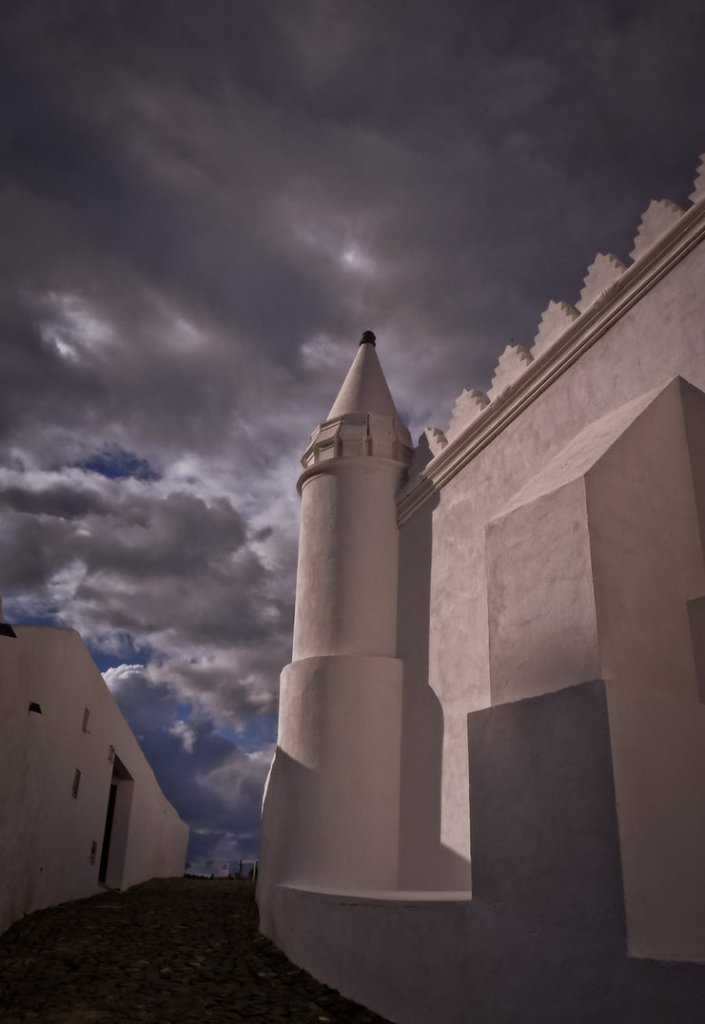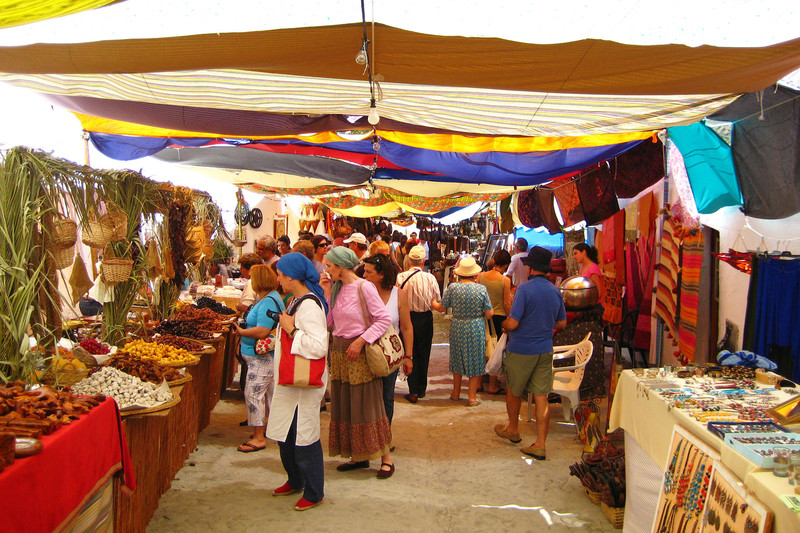Many of you may be wondering why I chose Mértola as our conference location for ‘Anglo-Iberian Relations, c.1500-1850’, and why we didn’t go to a more well-known destination, such as Lisbon or Porto. With this in mind, I’d like to tell you more about the lead-up to the decision to hold #AIR2015 in Mértola, and why I think you’ll love this beautiful, little town in Alentejo.
Marie-Skłodowska-Curie Actions: knowledge transfer and public outreach
This conference is part of a European Commission initiative and represents one of the deliverables outlined in my Marie Skłodowska-Curie International Outgoing Fellowship. This fellowship is for three years (starting September 2012) and is based across Harvard University in the USA and Brunel University in the UK. My project is entitled ‘Re-presenting the “Black Legend”: conflict, coalition and the press in early modern Europe’. I am looking at relations between England, Portugal and Spain, and at the production of printed propaganda, c.1480-1680.
The European Commission funds research across the European Union (and beyond), to ensure that Europe is at the vanguard in best research practice but also to ensure that Europeans benefit from that knowledge gained and from these research initiatives. One of my objectives was to create knowledge transfer events and public outreach activities in Portugal. The intention was to take these events to a place that was both affordable to scholars and in an area that would benefit from our educational activities; to create a cultural exchange that would promote good relations and financially benefit the host location.
Prior to choosing Mértola, I investigated a number of areas across Portugal – in terms of the venues available, hotels, catering, transport, and so on. While cities like Lisbon and Portugal remain attractive, they can also be quite costly, given the size of locations required for conferences, the in-house audio-visual equipment required, and transport to and from hotels and airports. Once I visited the town of Mértola and met with representatives from the municipality, it soon became my firm favourite, for reasons I shall outline below.
Knowledge Transfer
My current research makes reference to Mértola, and I teach courses that involve studying the history of Islamic trade in the West. Today, the municipality has the second-lowest population density in Portugal (behind Alcoutim). Located on a hill by the Guadiana River, for many centuries it was an important commercial port. Evidence for its commercial and fiscally vibrant past abounds in the town, not least through the survival of its large, medieval mosque – now a Catholic church and the only surviving complete medieval mosque in Portugal.
Mértola has not forgotten its heritage. In the 1980s, a series of archaeological surveys did much to enrich our understanding of the surviving remnants of its diverse past, leading to an increase in cultural tourism in the region. The town now boasts several museums, all dedicated to revealing the town – and region’s – past.
Images: Mértola’s mosque. It was transformed into a church in 1238.
In uneven numbered years (including this year, 2015) the town hosts an Islamic Festival, celebrating the town’s Arab past, when it was the capital of a Taifa kingdom, and one of the most important ports on the route between the Iberian peninsular and North Africa. Traditional food, drink, dance, and textiles burst onto the streets in a blaze of colour and intoxicating sounds and smells. Similarly, the town runs a number of exhibitions and colloquia, dedicated to this theme. For a small town, it is clear that Mértola can handle a large influx of visitors, as well as educational events.
Image: one of the bustling streets during Mértola’s Islamic Festival
Infrastructure
Therefore, upon visiting the town, it became clear that Mértola could handle an international academic conference. It was also clear that, while we could simply enter the town, discuss our work, and then leave, the town was also very open to being involved in our activities. This is exactly what I was looking for, under the terms of my Fellowship. This has led to the foundation of outreach activities with Mértola’s school, where we have worked closely with the teachers there to help the children learn about the history of European relations, of our shared cultural past, and about the importance of appreciating cultural diversity. We are also working with local food and drink producers, and with local musicians, to ensure that you experience fully all that Mértola has to offer.
The Municipality has worked extremely hard to keep costs low – way below anything we could have achieved in a big city. We have excellent facilities for our panels and plenaries, a beautiful castle for our conference dinner (during which local performers will be providing entertainment), and a range of cultural activities for you to experience during your stay.
I hope that you will agree that Mértola is an excellent venue for the first in a series of conferences examining the relationship between England and Iberia. We look forward to welcoming you to this beautiful town very soon.
Information about the Marie Skłodowska-Curie Actions is available here:
http://ec.europa.eu/programmes/horizon2020/en/h2020-section/marie-sklodowska-curie-actions
Information about the town of Mértola and its cultural events is available here: http://www.cm-mertola.pt/




